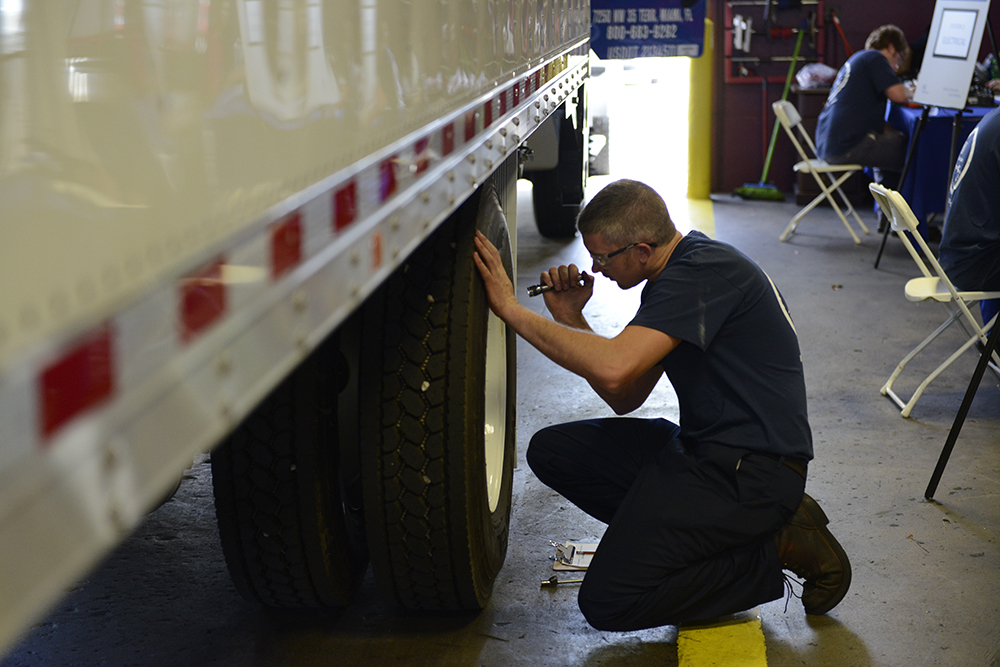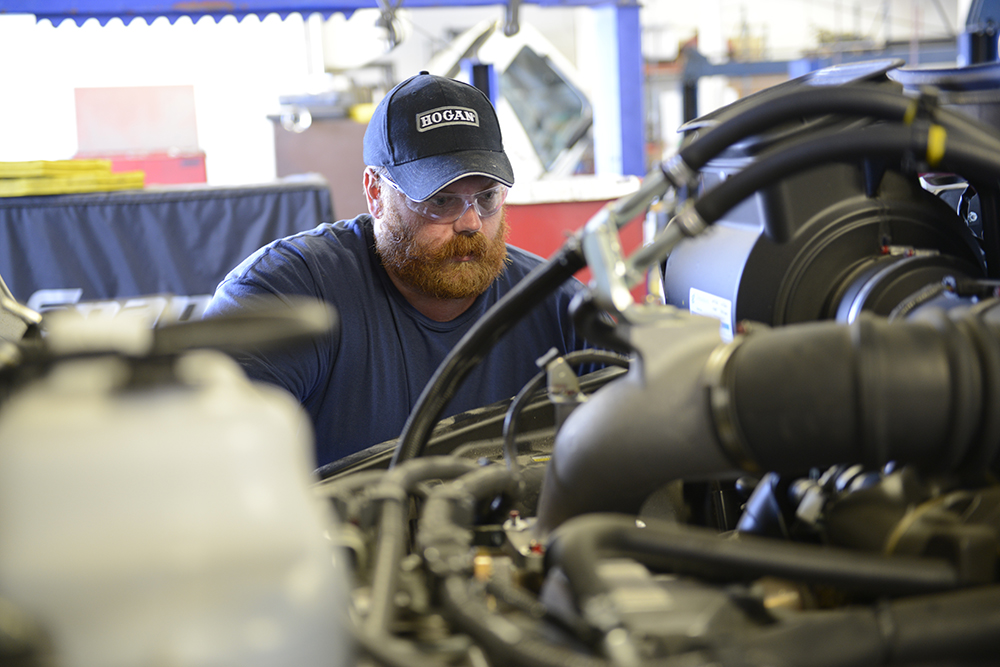In the third in a series of blogs on tire selection and maintenance, Joe Puff tells CCJ readers why choosing a tire manager is an important step towards getting better results.
One of the major expenditures that fleets face is the cost of tires, yet, according to Joe Puff, vice president of truck technology and maintenance for NationaLease, many technicians consider tires as a basic commodity. They consider tires a necessary cost but rarely expend the same time and energy on optimizing tire lifecycle as they do on other key components like diesel engines, brakes, and air conditioning.
In his latest blog for CCJ, “Managing an effective tire program,” Joe states that the answer to this issue is to “invest in a quality trained tire leader,” one who “has a thorough understanding of tire root cause failure analysis.” Having a knowledgeable person in this position will lead to better tire selection and maintenance as well as a reduction in breakdowns. A tire manager will also be able to train other technicians when it comes to proper mounting procedures, repairs, and irregular wear identification.
Joe notes that fleets may not have to go outside the company to find the right person. It’s possible that one of the technicians already working for the company may be better versed on tires than others. If that technician is already on staff, it’s essential that he or she understands how good tire management can add to a company’s profitability. In addition, the tire manager should be either already well-versed or trained in failure analysis, proper tire and tread selection, casing management and inventory, and proper mounting and repair procedures.
Besides training and ongoing maintenance procedures, the tire manager should also perform an occasional scrap tire review. This review should do more than simply identify damaged tires; it should also answer a range of questions from whether corrective actions are taken when misalignment is identified to the accountability of the retreader, and more. Ultimately, having someone with expertise actually taking charge of your tire program can result in significant savings for the fleet.
Read Joe’s full blog as well as his earlier blogs: “The basics of tire inflation” and “Selecting the right tire.”



